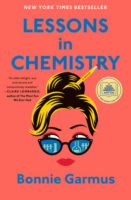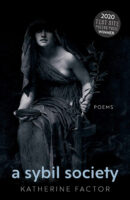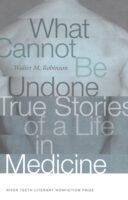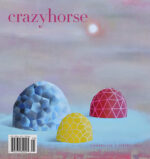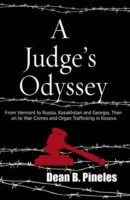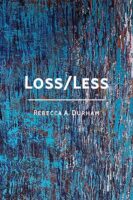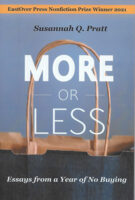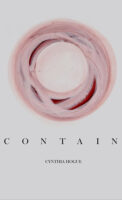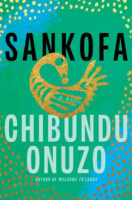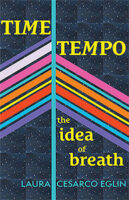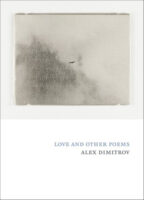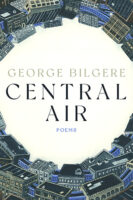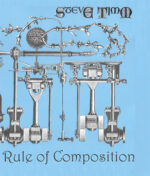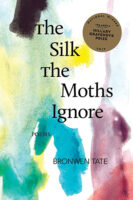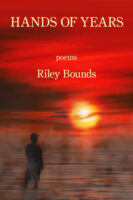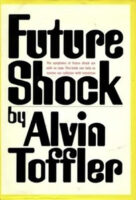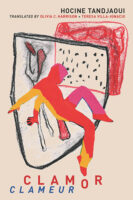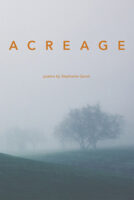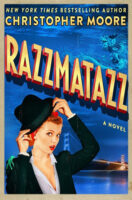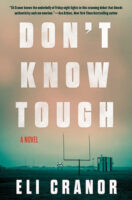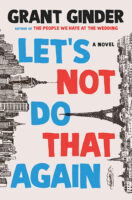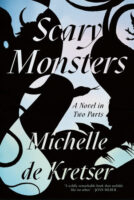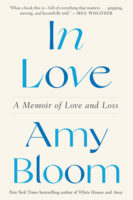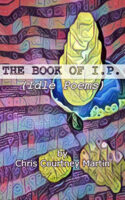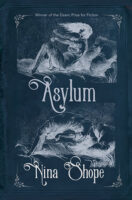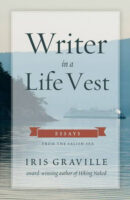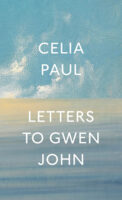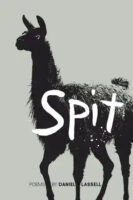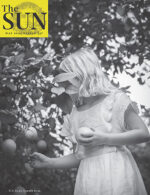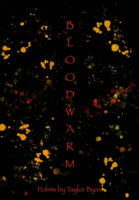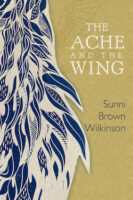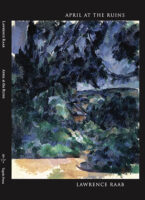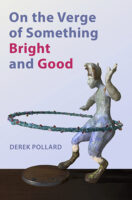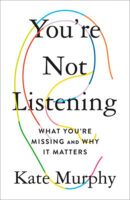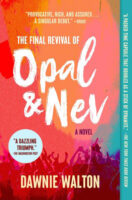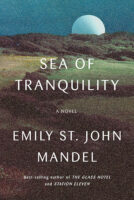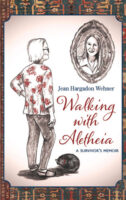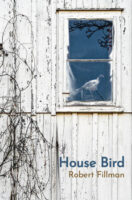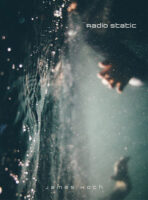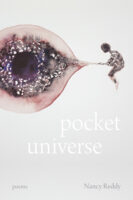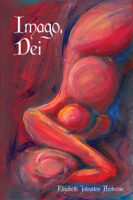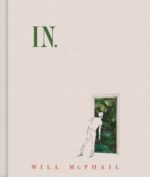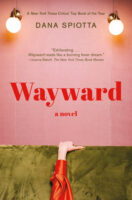
Guest Post by Cindy Dale
A six-hour Amtrak ride from NYC to Syracuse loomed. Searching for something to read, I came across Dana Spiotta’s Wayward, a novel that, surprisingly, takes place in Syracuse. I downloaded the sample on my Kindle, vowing to save the balance of the book for the train if I liked it. But once I started down the rabbit hole with 52-year-old protagonist Sam Raymond, I couldn’t stop. Sam’s having a midlife crisis and impulsively buys a fixer-upper in a sketchy Syracuse neighborhood and announces she’s leaving her husband. Her sixteen-year-old daughter, Ally, sides with dad. But this is not your typical midlife crisis novel! Set just after the 2016 election that upset so many apple carts, we follow Sam as he buys the ramshackle house, joins a radical feminist group, witnesses a cop shoot a young black boy at 3 a.m., does a disastrous night of stand-up at a local comedy club, and grapples with the impending death of her mother from cancer and the daughter who’s no longer speaking to her. Throughout, the history of Syracuse (the city L.M. Baum modeled Oz after!), the backstory about the suffragette icons of the late 1800s, and the etymology of a plethora of SAT words are seamlessly woven into the narrative. There are so many unexpected twists and thought-provoking riffs on getting old and the meaning of life in our wacked, wired world.
Wayward by Dana Spiotta. Penguin Random House, June 2022.
Reviewer bio: Cindy Dale has published over twenty short stories in literary journals and anthologies. She lives on a barrier beach off the coast of Long Island.
If you are interested in contributing a Guest Post to “What I’m Reading,” please click this link: NewPages.com Reviewer Guidelines.

